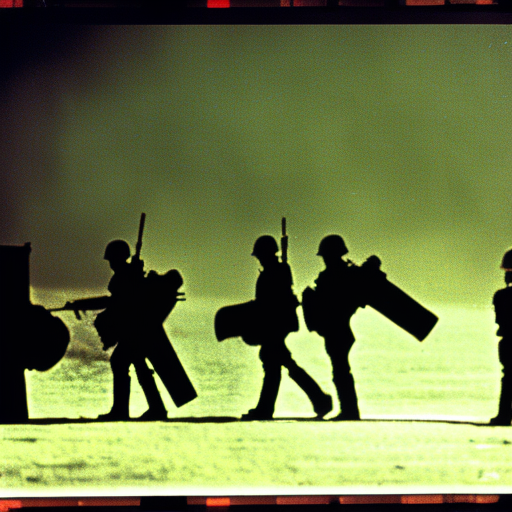Summary:
In 1981, a group of military officers attempted a coup d’état in Spain in an effort to overthrow the democratic government. The coup was ultimately unsuccessful, thanks to the actions of King Juan Carlos I, who publicly denounced the coup and called for the defense of democracy. The events of the coup attempt, known as the 23-F, had a significant impact on Spanish politics and society.
Background:
Spain had transitioned to democracy in the late 1970s after the death of dictator Francisco Franco. The country was still grappling with the legacy of the Franco regime, and tensions between different factions within the military and society were high. The coup attempt in 1981 was a reflection of these divisions.
The Coup Attempt:
On February 23, 1981, a group of military officers led by Colonel Antonio Tejero stormed the Spanish Parliament in Madrid. They held the parliamentarians hostage for several hours, while Tejero demanded the establishment of a military junta.
The Role of King Juan Carlos I:
King Juan Carlos I played a crucial role in thwarting the coup attempt. He appeared on television and publicly denounced the coup, calling for the defense of democracy. His actions were unexpected, as he had been appointed by Franco and was seen as a symbol of continuity with the past. However, Juan Carlos I had been working behind the scenes to consolidate democracy and had gained the trust of many Spaniards.
The Failure of the Coup:
The coup attempt ultimately failed due to a combination of factors. The actions of King Juan Carlos I were crucial in rallying support for the democratic government. Additionally, the military as a whole did not support the coup, and many officers refused to join Tejero’s forces. The coup plotters also underestimated the resilience of Spanish society, which had embraced democracy after years of dictatorship.
Impact on Spanish Politics:
The 23-F coup attempt had a profound impact on Spanish politics. It solidified the role of the monarchy as a defender of democracy and helped to establish King Juan Carlos I as a popular figure. It also led to a strengthening of democratic institutions and a renewed commitment to democracy among the Spanish people.
Legacy:
The 23-F coup attempt remains a significant event in Spanish history. It serves as a reminder of the challenges faced by a young democracy and the importance of strong democratic institutions. The actions of King Juan Carlos I during the coup attempt are often seen as a turning point in his reign and in the consolidation of democracy in Spain.
Conclusion:
The 1981 Spanish coup d’état attempt, known as the 23-F, was a failed military coup that sought to overthrow the democratic government. The actions of King Juan Carlos I, who publicly denounced the coup and called for the defense of democracy, were instrumental in its failure. The coup attempt had a profound impact on Spanish politics, solidifying the role of the monarchy and strengthening democratic institutions. It remains a significant event in Spanish history and serves as a reminder of the challenges faced by young democracies.












